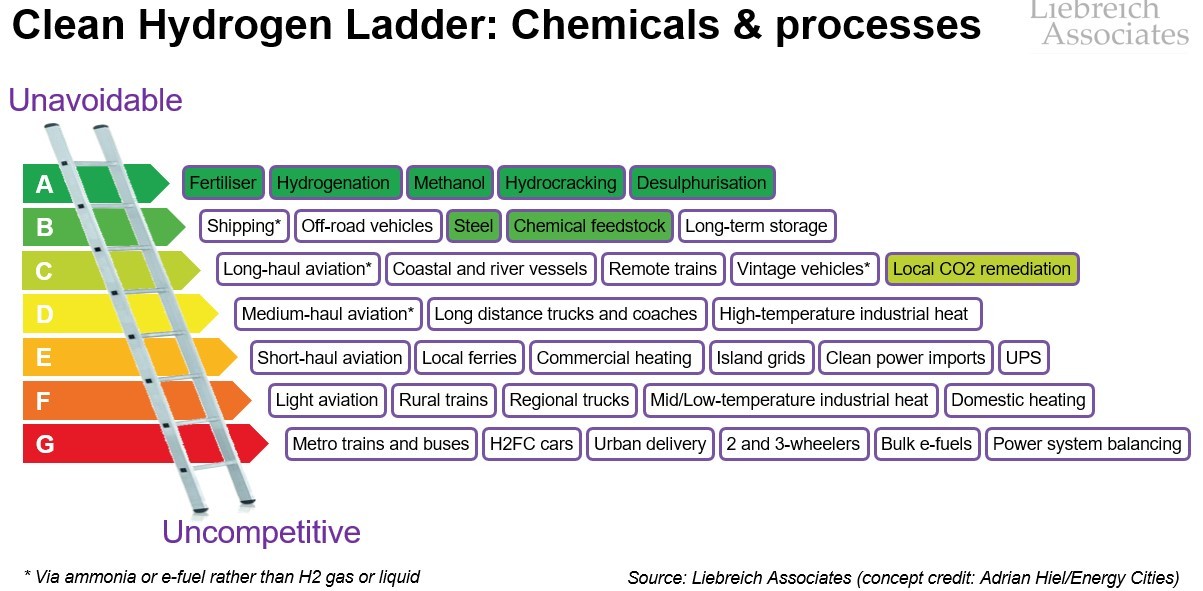Financial Times: Green industrial strategy is not about subsidies

Sir, Jonathan Ford (“How subsidy culture keeps Britain’s green industry in the black”, Inside Business, October 31) is tilting at windmills in more ways than one.
First, renewable energy technology is now competitive with conventional power sources in the UK — if it is allowed to navigate a planning system increasingly tilted against it. Around the world, renewable energy has crushed wholesale power prices, but only in the UK does that drive up its apparent level of subsidy, due to flaws in the design of the Levy Control Framework. Second, Mr Ford’s “green jobs” argument is pure straw man: shifting to high-cost, high-employment energy sources would of course result in the destruction of jobs elsewhere in the economy, which is why sensible advocates are not suggesting it. Third, the industrial strategy the UK needs is not the corporatist 1970s-style approach of directing subsidies at national flagships — much though the UK’s declining oil and gas sector might prefer the old system.
The Paris Agreement, which enters force this week, commits every country in the world to dramatic and accelerating reductions in greenhouse gas emissions. The UK’s 2008 Climate Change Act mandates a reduction in emissions of 80 per cent by 2050. Europe was an early leader, but the US, China and India are all making extraordinary investments. China may have won the battle to produce most solar panels, as Mr Ford points out, but Europe leads in wind, high-voltage DC and other key technologies. The US, courtesy of Tesla and General Motors, has established a lead in electric vehicles, but that will be vigorously challenged in coming years by Europe, China and Japan.
The green industrial strategy the UK needs, therefore, is one that supports the decarbonisation of our own economy, while positioning the UK to export relevant technologies and services — never more important, given the challenges and opportunities posed by Brexit. It is not really about subsidies at all, it is about joined-up government. What are the policies across research and development, infrastructure, taxation, trade and government procurement which, taken together, can best encourage private capital formation and intellectual property development in key sectors of the future global economy?
The UK can play to some extraordinary strengths. It has a leading position in material sciences, electrochemistry, IT and the internet of things, advanced automotive technology, biosciences, aerospace, design, architecture, even nuclear power. Graphene was discovered in Manchester, the world’s most powerful electric motors, size-for-size, are made by Dyson, and the City of London is the world’s leading centre for climate-related finance.
Michael Liebreich
Founder and Chairman of the Advisory Board, Bloomberg New Energy Finance
Board Member, Transport for London
Terms of use: photos and other media may be used exclusively for the purpose of publicising an upcoming or past event involving Michael Liebreich, or to illustrate an article written by him. Their use must be accompanied by a clear indication of copyright in the following form:
© Liebreich Associates/name of photographer. Photos or other media downloaded in this way remain the property of Liebreich Associates Ltd. Any infringement of these terms of use may result in legal action by Liebreich Associates Ltd or by the respective photographer or rights holder.





